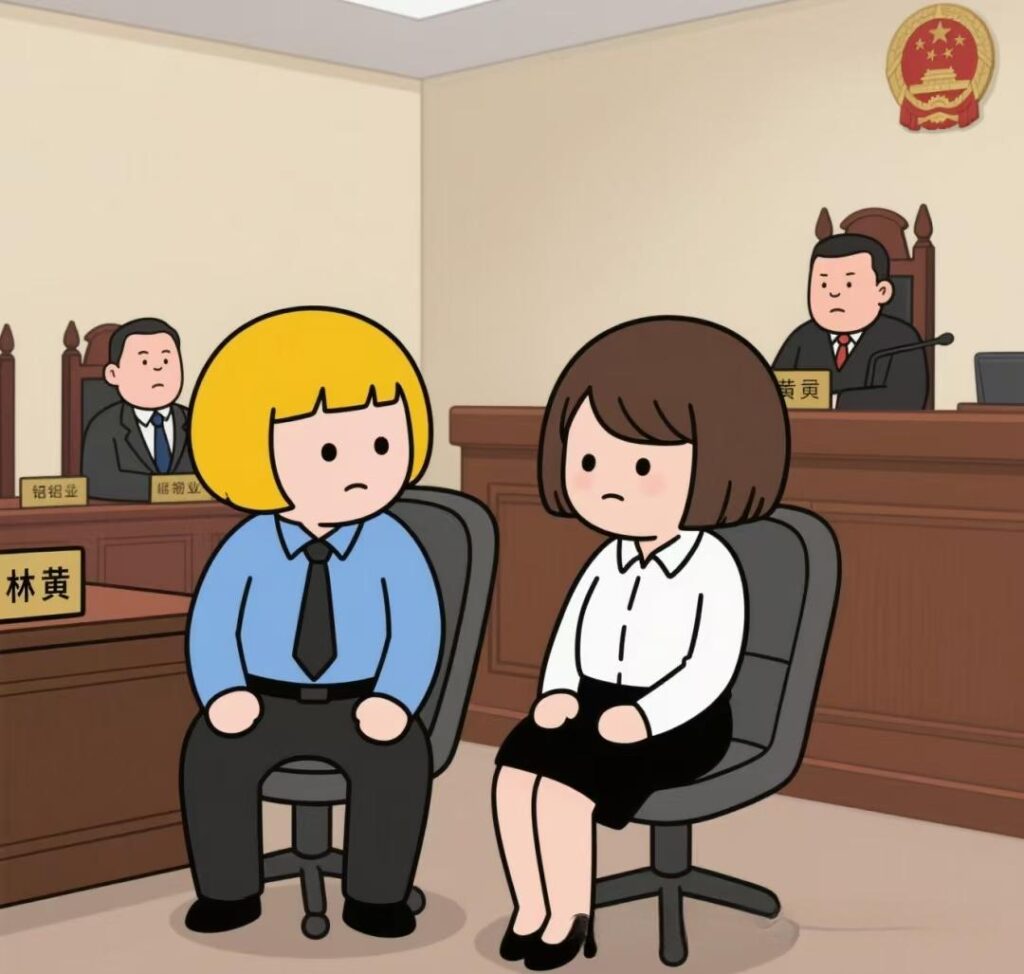Recently, the Foshan Nanhai District People’s Court issued a first-instance judgment in a sales contract dispute case where we represented Ms. Huang, dismissing all claims of the plaintiff. The key to this case lies in—accurately identifying and proving that the essence of the transaction model was consignment, not sale!

1. Case Summary
From July 2023, Mr. Lin and Ms. Huang (spouses) provided aluminum sales agency services for Foshan XX Aluminum Co., Ltd.:
Mr. Lin liaised with clients, Ms. Huang handled order processing and shipments.
All transactions were conducted in the name of XX Aluminum Co.:
Goods were shipped directly by XX Aluminum Co. to end clients.
Payment was made directly by clients to XX Aluminum Co.’s account.
The two defendants (Lin & Huang) only received commissions based on sales volume.
Later, when some clients defaulted on payments, XX Aluminum Co. mistook the agents as buyers and sued Lin and Huang for 200,000+ RMB in unpaid goods.

2. Key Issues
Ms. Huang only provided sales support services (order processing, shipping) and never purchased goods in her own name.
All transactions were conducted in the plaintiff’s name, with payments made directly by end clients to the plaintiff’s account. Huang only earned agreed commissions (price differences).
When demanding payment, the plaintiff explicitly instructed Huang to “urge clients”—not personally demand payment—proving her agency role.
Our Defense Strategy:
We focused on the essence of actual conduct: agency sales, not purchase. This fundamentally negated the plaintiff’s “sales contract” claim.
Evidence included:
WeChat group chats (especially Huang’s participation in logistics/payment verification groups).
Business communication records proving Huang only executed shipping instructions and relayed payment details.
Plaintiff knew and acknowledged goods were sold to its clients and received payments directly.
Plaintiff demanded payment from clients, not Huang (proving true debtors).
Huang and Lin operated relatively independently (mitigating presumption of joint spousal liability).
Core Legal Principle:
Under an agency relationship, consequences (e.g., client defaults) bind the principal (plaintiff), not the agent, unless the agent committed gross negligence or exceeded authority. No such evidence existed here.

3. Judgment Result
The court fully accepted our defense, ruling:
The cooperation was “entrustment to sell goods” (agency relationship), not a sales contract.
Defendants were sales agents, not buyers.
All claims were dismissed. Litigation fees were borne by the plaintiff.
4. Attorney Reminders
For agents/consignors:
Sign written agreements clearly defining the relationship (agency/mediation/sale), commission terms, payment flow, and risk allocation.
Standardize operations: Ensure clients sign contracts/pay directly to the principal.
Document key steps (e.g., shipping/payment/commission records) via work groups/emails.
Clarify your role: Inform clients you are an “agent of XX Company,” not the supplier.
Author: Frankle HO Attorney at Law